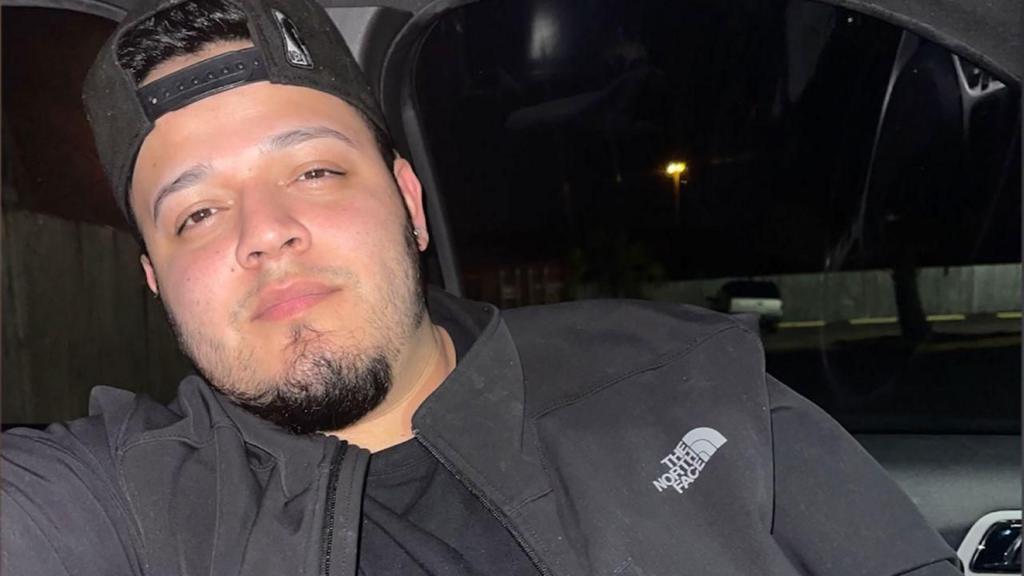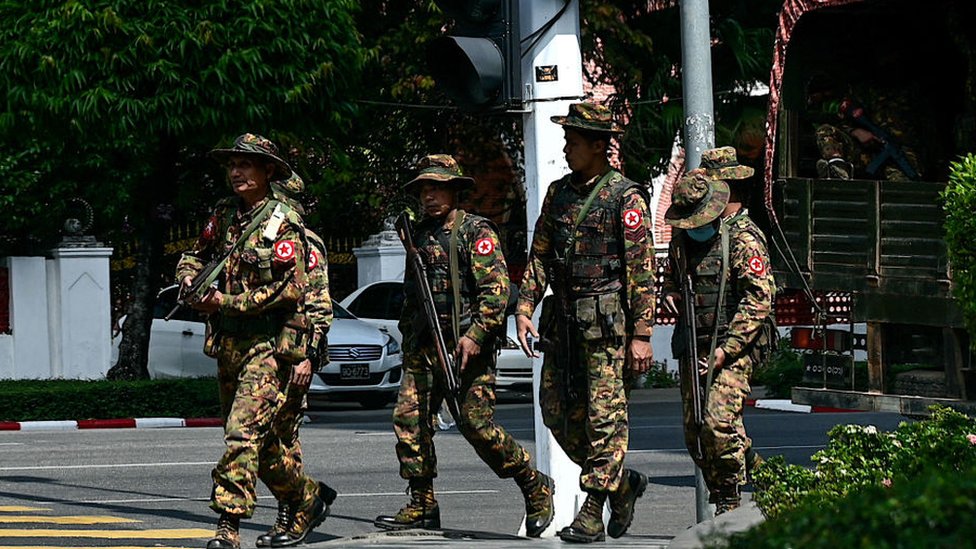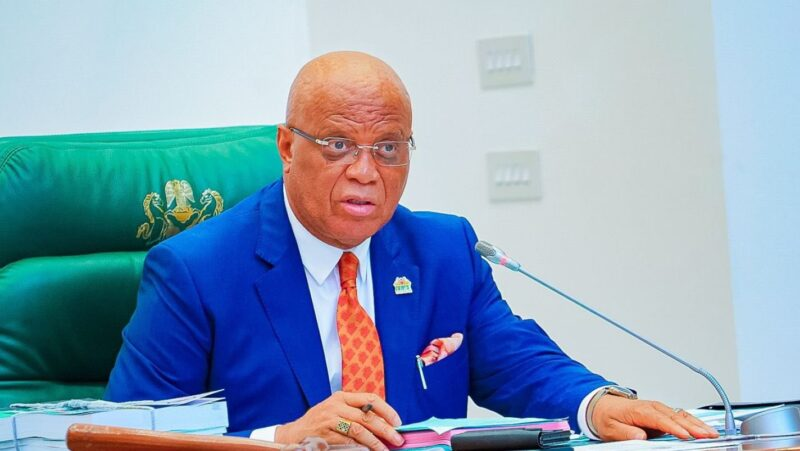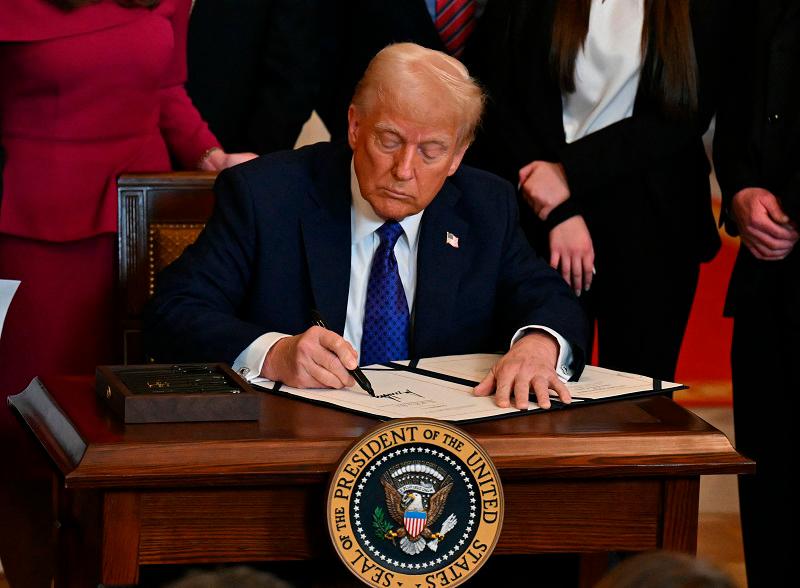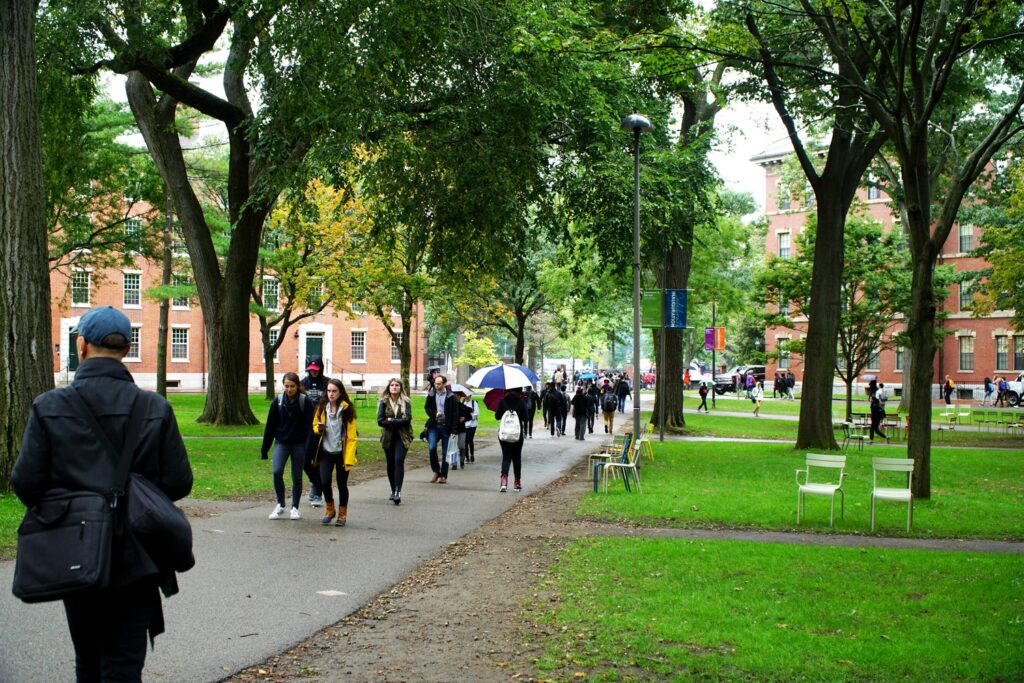In efforts to combat a deadly opioids crisis, British Columbia (BC) became the first province in Canada to decriminalize the use of hard drugs last year. However, the policy is now encountering resistance, casting doubt on its future.
Former Vancouver Mayor Kennedy Stewart shared a poignant personal experience that underscored the severity of the crisis. Every Monday, he would receive an email listing the individuals who had succumbed to drug overdoses in the city the previous week. Three years ago, that grim roster included the name of a relative – his brother-in-law’s sister, Susan Havelock.
“She died out here on the street at two o’clock in the morning,” Mr. Stewart recounted to the BBC from his office in Downtown Vancouver, gesturing towards the cityscape beyond.
“When it infiltrates your own family, you truly grasp the severity of this entire situation.”
North America finds itself embroiled in a perilous drug crisis. In the United States, fatal overdoses surged to over 112,000 for the first time last year.
Nowhere is this crisis more palpable than in British Columbia (BC), Canada, where the emergency was initially declared a public health crisis in 2016. Last year, the province witnessed a staggering record of over 2,500 overdose deaths.
Approximately 225,000 individuals are estimated to use illicit drugs in BC, and experts caution that a hazardous street drug supply, tainted with fentanyl and other substances, exposes each of them to the risk of fatal overdose.
In January 2023, British Columbia (BC) took a bold step to address the crisis by becoming the first – and only – province in Canada to decriminalize the possession of small amounts of hard drugs. The aim was to “reduce barriers and stigma” preventing those with severe drug addiction from accessing life-saving help or treatment.
Implemented as a pilot program until 2026, the BC initiative allows adults to possess up to 2.5 grams of heroin, fentanyl, cocaine, or methamphetamine without facing arrest, charges, or having their drugs confiscated, with exceptions around schools and airports.
However, just over a year into the project, it has faced mounting criticism from some residents and political opponents. They have labeled it a “harmful experiment” lacking safeguards for the public, claiming it has “utterly failed” to reduce drug overdose deaths.
In response, BC introduced a bill to broaden the areas where drug use is prohibited, extending beyond schools and airports to include playgrounds, residential areas, and business districts. However, the BC Supreme Court has temporarily blocked this expansion, citing concerns that it could cause “irreparable harm” to people who use drugs.
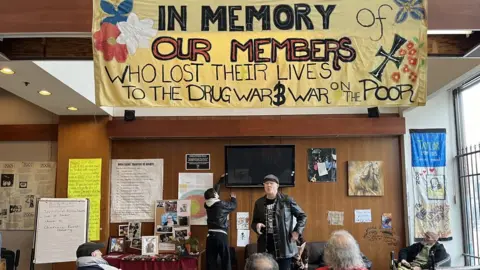
Supporters of decriminalization are now concerned that public support for the policy is waning.
Deputy Chief Fiona Wilson of the Vancouver Police Department, also serving as president of the BC Association of Chiefs of Police, expressed her disappointment, emphasizing the common goal of avoiding criminalization of individuals due to drug use, which should be approached as a health issue.
This debate extends beyond major cities like Vancouver to places like Port Coquitlam, a suburban area with a population of 60,000 situated east of Vancouver, known for its walking trails, public parks, and single-family homes.
For Mayor Brad West, an altercation during a child’s birthday party served as the “last straw,” prompting his concerns.



